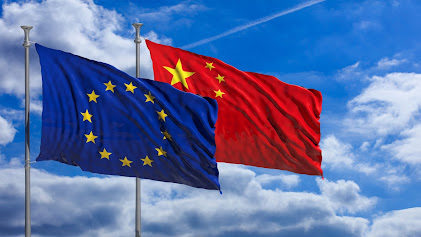Reimagining Connectivity: Web 3.0 and the Future of Digital Interaction
The landscape of our digital world is on the cusp of significant change, guided by the next phase in the evolution of the internet - Web 3.0. As we edge closer to this future, a significant shift is emerging in the way we connect with each other, moving from the constraints of algorithm-driven content consumption to a freer and more user-centric web experience. Getty Images A Paradigm Shift in Attention Economy In the web 2.0 landscape, applications vie for our attention through a condensed feed of content tailored by algorithms. These algorithms, designed by centralized entities, determine what we see and when we see it, creating an echo chamber of reinforced preferences and narrowed viewpoints. This echo chamber not only limits our exposure to diverse content but also breeds a competitive environment where the loudest voices often drown out the most valuable ones. Web 3.0 seeks to upend this status quo, opening up new avenues for content discovery and interaction. Instead of a conden



